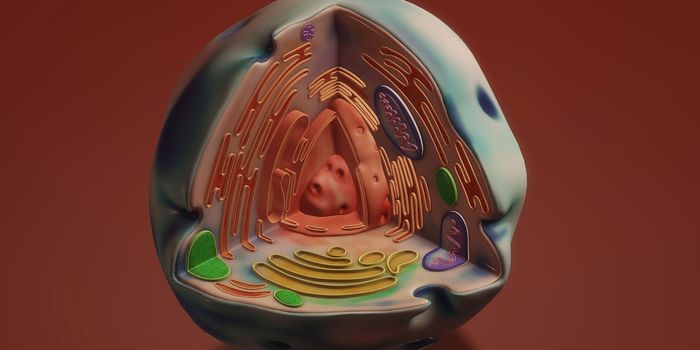Human Brains React Fastest to the Smell of Danger
The ability to detect odors is important to most organisms' survival; they have to be able to find food or mates, for example. Bad smells can also warn animals and people about a potential danger, like bad food, or just keep us from an unpleasant experience. Scientists have now learned a bit more about how people respond to unpleasant odors, and what happens in the brain during that experience. The work has suggested that people are built to process odors that are associated with harm or unease faster compared to the processing of odors that are linked with pleasant sensations. Those nasty smells can also trigger a physical response to avoid the smell. This research has been reported in the Proceedings of the National Academy of Sciences (PNAS).
"The human avoidance response to unpleasant smells associated with danger has long been seen as a conscious cognitive process, but our study shows for the first time that it's unconscious and extremely rapid," noted the first study author Behzad Iravani, a researcher at the Karolinska Institutet.
Th human olfactory organ occupies about five percent of the total volume of the brain, and gives most people a powerful ability to differentiate between millions of smells, and identify them. Many scents are connected to threats to our well-being or health, like strong chemical smells such as concentrated bleach or ammonia, or the odors that can emanate from rotting food or dead animals.
If we pick up on these smells, their odorous molecules can reach the brain only about 125 milliseconds after they've hit our noses, and we might be physically repulsed. All animals have to be able to avoid danger and find shelter and rewards. Some animals rely heavily on smells for that survival, and it seems the ability to smell is of particular importance to humans.
Researchers can't easily investigate the human brain, but in this study, the scientists created a method to measure the signals passing through the human olfactory bulb as odorous molecules are transmitted into signals that go through the rest of the brain, and reach areas that control movement and behavior. A small group of six human volunteers were exposed to good and bad smells as the signals were recorded.
"It was clear that the bulb reacts specifically and rapidly to negative smells and sends a direct signal to the motor cortex within about 300 milliseconds," revealed senior study author Johan Lundström, an associate professor at the Karolinska Institutet. "The signal causes the person to unconsciously lean back and away from the source of the smell. The results suggest that our sense of smell is important to our ability to detect dangers in our vicinity, and much of this ability is more unconscious than our response to danger mediated by our senses of vision and hearing."
Sources: Karolinska Institute, PNAS









